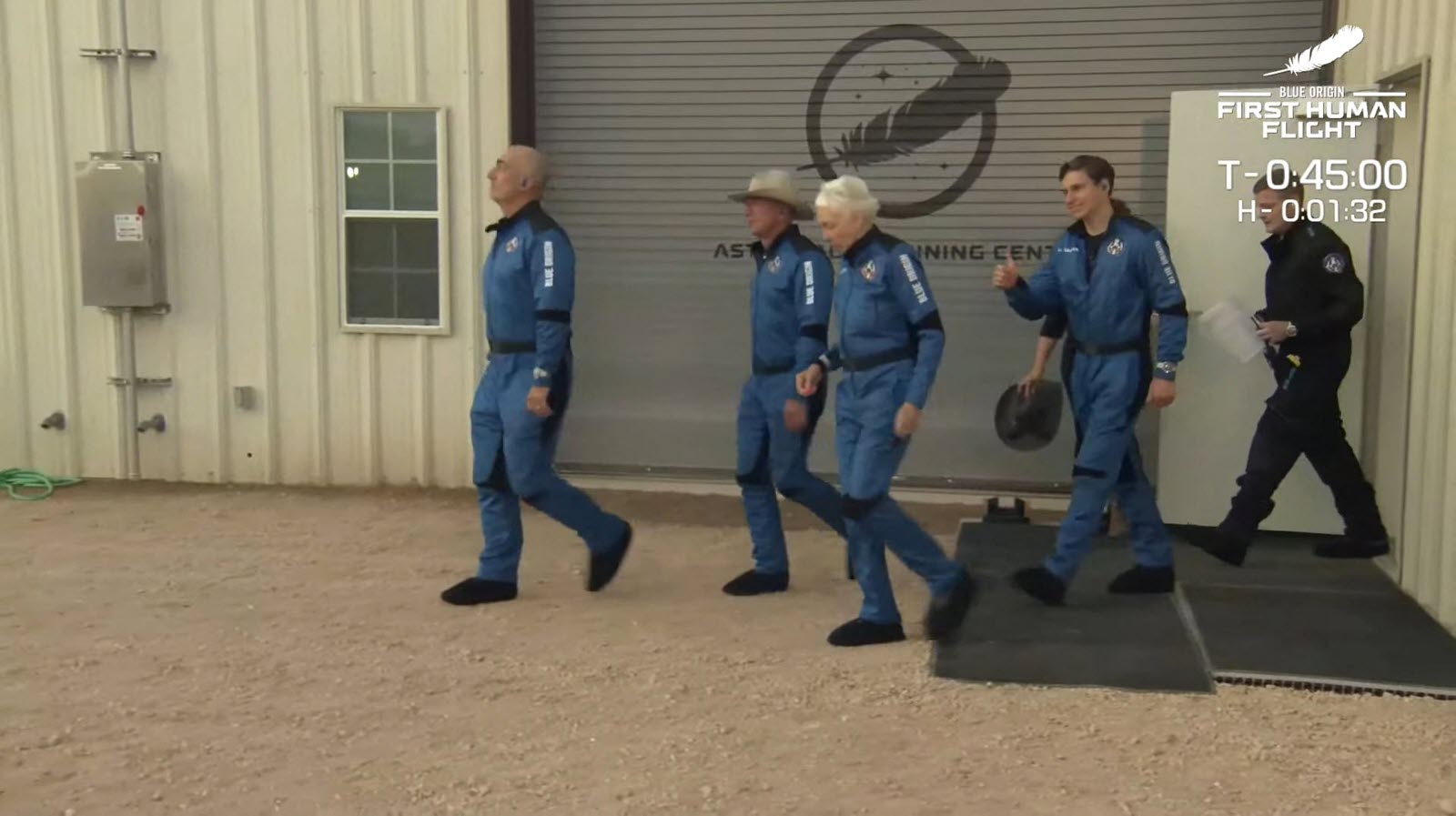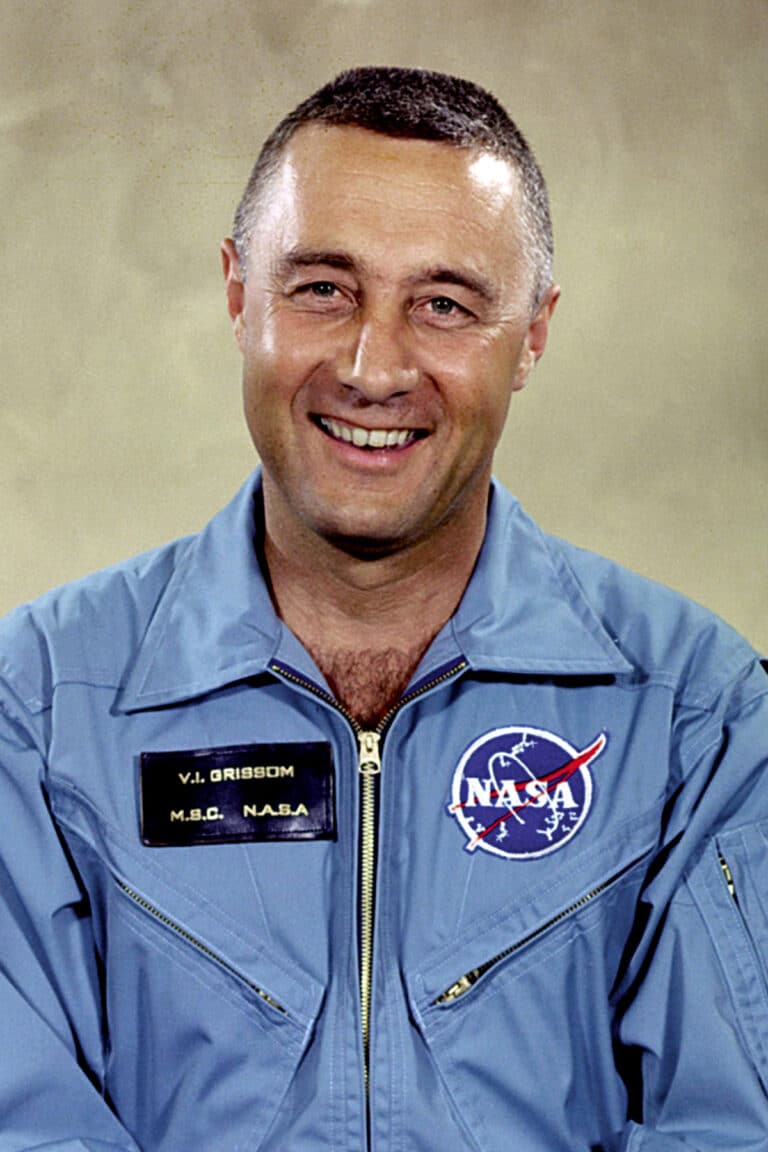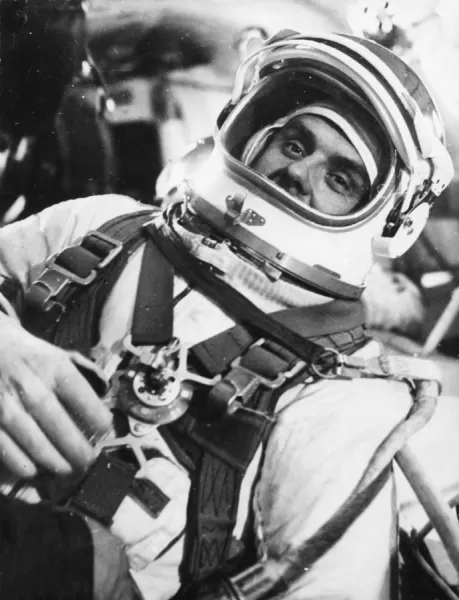Table des matières
ToggleJeff Bezos’ space vision and his accomplishment with Blue Origin
Since his childhood, Jeff Bezos always dreamed of exploring space and touching the stars. It was this passion that pushed him to found Blue Origin in 2000, a company whose main objective is to make access to space not only possible, but also sustainable for future generations. In undertaking this audacious quest, Bezos not only created a company, he envisioned a future where humanity could establish space colonies, moving away from the only planet it knows.
With the development of its rocket New Shepard, Bezos made a symbolic first flight in July 2021, bringing his childhood dream to life. The flight of this capsule, decorated with three giant parachutes and a retro-propeller, allowed Bezos and his teammates to experience the great adventure of weightlessness for almost ten minutes before landing safely in the desert.
This first step in space demonstrates a desire to build a road to space, while inspiring other dreamers to pursue their own interstellar aspirations. Jeff Bezos continues to dangle the possibility of a space exploitation enduring, thus transforming his interstellar dreams into a tangible reality.

How Jeff Bezos turned his interstellar dreams into reality with Blue Origin
At the dawn of the 21st century, a bold dream emerged in one man’s mind. This man was none other than Jeff Bezos, the founder of Amazon, whose ambition went well beyond the field of e-commerce. The latter nourished a deep fascination for space and a unique vision: to make space exploration a project accessible to as many people as possible. In 2000, he therefore founded Blue Origin, a company dedicated to building an interstellar future. His goal? Establish an infrastructure enabling human exploration and, ultimately, colonization of space.
Bezos was no stranger to dreams of space exploration. When young, he was often inspired by science fiction stories, imagining distant worlds and unexplored galaxies. He understood that to carry out such projects, a decidedly different approach was required. From the start, Blue Origin had to build viable space vehicles capable of transporting human beings. By investing billions, Bezos has built a team of talented engineers and experts, motivated by a common mission: to make access to space an everyday reality.
In 2021, after years of research and development, Blue Origin marked a historic milestone. On July 20, Bezos fulfilled his childhood dream by traveling into space aboard the rocket New Shepard. The 10-minute flight allowed Bezos and three other passengers to reach the edge of space, providing breathtaking views of Earth. The moment was hailed as a major breakthrough for space tourism, ushering in a new era of exploration.
The innovative character of Blue Origin, however, lies not only in its tourist flights, but also in its long-term vision. Indeed, Bezos aspires to create floating space colonies, providing artificial gravity that would allow humans to live and work in space sustainably. He said: “It’s about building a road to space so future generations can do incredible things there.” Bezos’ hope is that space will no longer be a domain reserved for scientists and the military, but a place of opportunity for all humanity.
In this context, Bezos’ ambitions do not stop at interstellar travel, as he also mentions the possibility of mining on the Moon. This project could help collect resources needed for future missions, thereby reducing dependence on Earth. While companies like SpaceX are focused on colonizing Mars, Blue Origin is developing a complementary approach by aiming for the Moon.
In a world where interest in space exploration continues to grow, Jeff Bezos’ journey with Blue Origin represents a powerful vision: transforming the collective imagination around space travel into a tangible reality. To learn more about the worthy successors of this adventure, you can consult articles on pioneers like Alan Shepard or the space power of the United States with USSPACECOM. Bezos’ interstellar dream is only just beginning, and future developments could well redefine our relationship with space.























